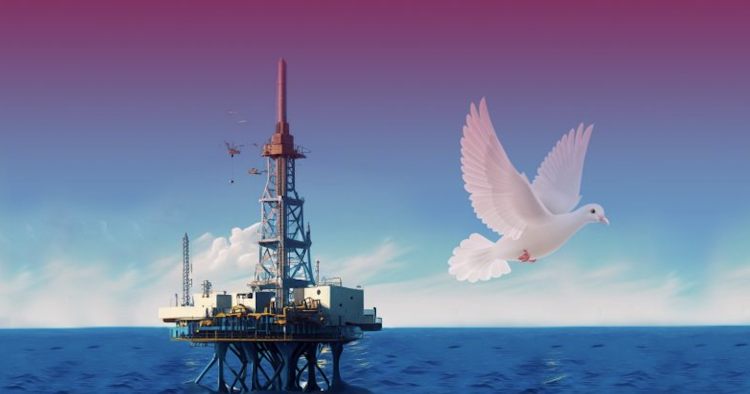Over the last two decades, the Mediterranean has become an important region. Many scholars, policymakers and analysts have mostly referred to this region from a nexus of security, geopolitics and traditional energy politics. With the war in Ukraine, the relevance of this whole region has increased along the same line. The Mediterranean today is home to some of the most enduring conflicts in the world. New energy resources are being discovered in disputed areas in an environment of intense geopolitical competition over regional leadership and energy routes within and beyond the region.
This policy study addresses a selected number of important conflicts in the Mediterranean, which include an energy component and in which progress towards resolution can trigger broader cooperation and inclusivity in the region. It includes four chapters: an overview of energy-related conflicts and conflict resolution initiatives in the Mediterranean; the Cyprus conflict; the Israeli- Lebanese maritime border agreement; and the mounting tensions between Algeria, Morocco and their immediate European neighbours. Each of the four chapters was written utilising a conceptual angle that combines the new energy perspective and diplomacy. The chapters suggest new conflict resolution mechanisms, include policy recommendations, and can serve to enrich the public debate on Mediterranean diplomacy.
The Middle East Institute (MEI) is an independent, non-partisan, non-for-profit, educational organization. It does not engage in advocacy and its scholars’ opinions are their own. MEI welcomes financial donations, but retains sole editorial control over its work and its publications reflect only the authors’ views. For a listing of MEI donors, please click here.













